Bishop Carlassare implored women and men Religious in Rumbek Diocese to foster “sapiential gaze”, saying, “Let us ask this day to the Holy Spirit, that he may open our eyes to see salvation, that he may transform our gazes, our Sunglasses that make us see darkness to be replaced with good Eyeglasses that can see with compassion the reality we have in front of us.”
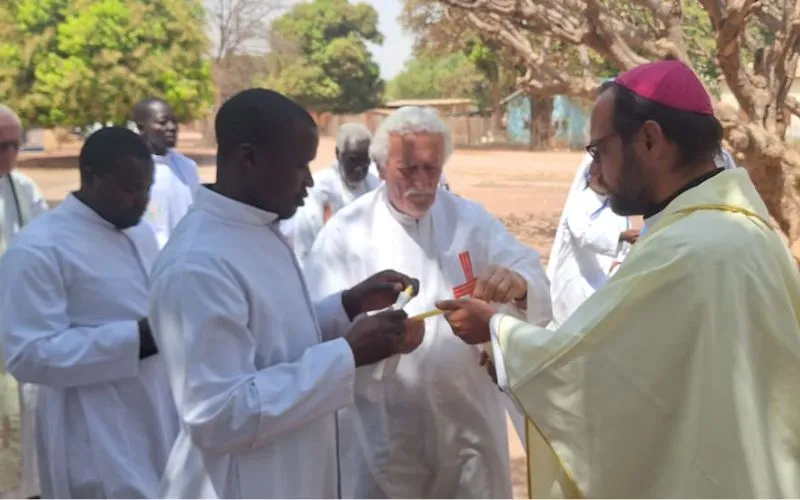 Credit: Fr. Luka Dor/Diocese of Rumbek
Credit: Fr. Luka Dor/Diocese of Rumbek
He added, “Pope Francis speaks about a sapiential gaze that is able to look within ourselves, and is able to see beyond appearances, that are able to see our weaknesses, our failures, also the presence of God.”
The Catholic Church leader, who started his Priestly ministry in South Sudan in the Catholic Diocese of Malakal in 2005 advocated for “creative fidelity”, which he said goes beyond “faithfulness to the founder” of a particular Religious Order.
“Faithfulness to the founder” has the risk of fostering “rigidity” among women and men Religious “because we look back without looking ahead,” he warned.
(Story continues below)
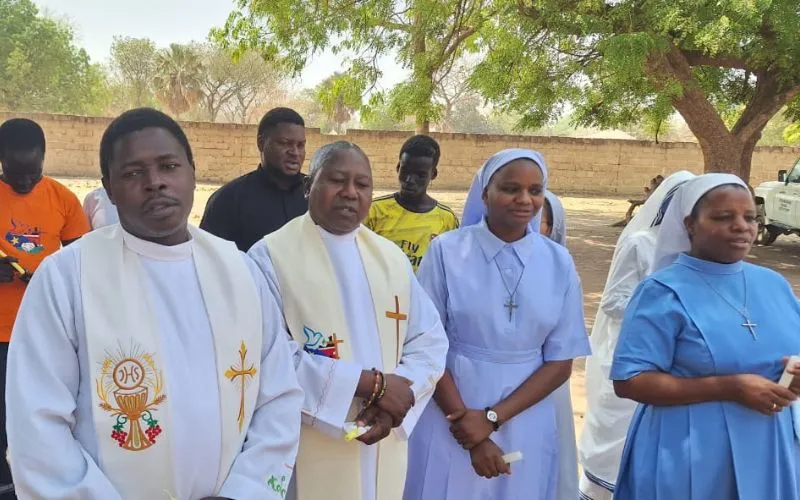 Credit: Fr. Luka Dor/Diocese of Rumbek
Credit: Fr. Luka Dor/Diocese of Rumbek
Instead, “creative fidelity, which is coming from the Vatican Council, means, yes, we are rooted in our Charism and the Charism of the funders,” the MCCJ member said, adding that such fidelity promotes courage in embracing the mission, allowing men and women Religious to be inserted in local churches.
“I think it is this that the local church wants to see from the religious, not people that come from outside, bringing their own experiences and ideas, and repeating what they are used to do because the founders said this and that,” he emphasized.
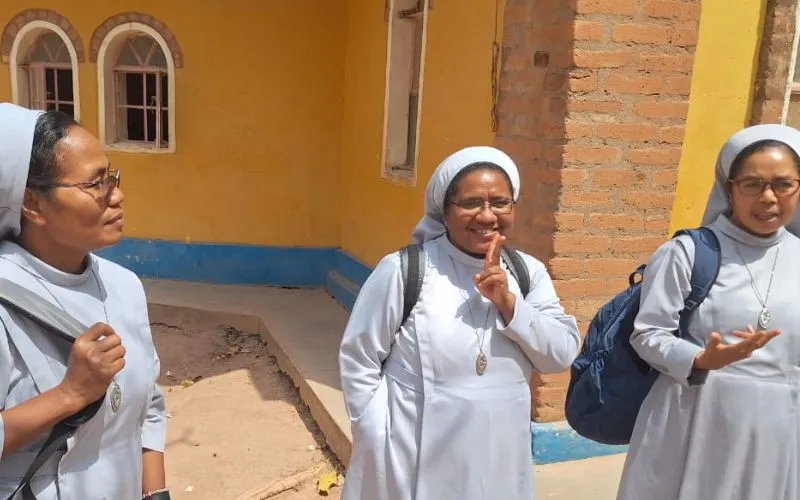 Credit: Fr. Luka Dor/Diocese of Rumbek
Credit: Fr. Luka Dor/Diocese of Rumbek
Bishop Carlassare went on to caution women and men Religious against the negative effects of routine practices that characterize life in Religious communities, with set periods for prayer, meals, and apostolates.
“We have really to come out of this habit of acting out of repetition. Simeon, yes, he was expecting for the coming of the Lord. But in a way he was called by the Holy Spirit, prompted by the Holy Spirit to do something that maybe he never used to do – to go to the temple at the same very hour. And so, it is also for us; let us ask that the prompting of the Holy Spirit make us also to do new things, to open new ways, to risk in our vocation,” he said.
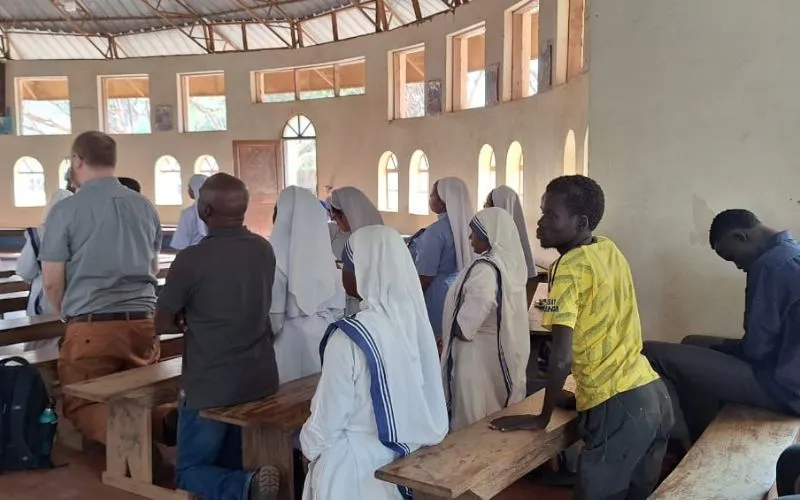 Credit: Fr. Luka Dor/Diocese of Rumbek
Credit: Fr. Luka Dor/Diocese of Rumbek
The Catholic Church leader also expressed his disapproval of the view that Consecrated Life is “something of an elite, a small group.”
Consecrated Life, he said, is “a model for the life of all Christians, the secular Priests, and also our families and our communities.”
He welcomed women and men Religious commissioned to his Episcopal See in the last one year. “Welcome to each one of you,” he said after mentioned them by name and Religious Order.
ACI Africa was founded in 2019. We provide free, up-to-the-minute news affecting the Catholic Church in Africa, giving particular emphasis to the words of the Holy Father and happenings of the Holy See, to any person with access to the internet. ACI Africa is proud to offer free access to its news items to Catholic dioceses, parishes, and websites, in order to increase awareness of the activities of the universal Church and to foster a sense of Catholic thought and culture in the life of every Catholic.
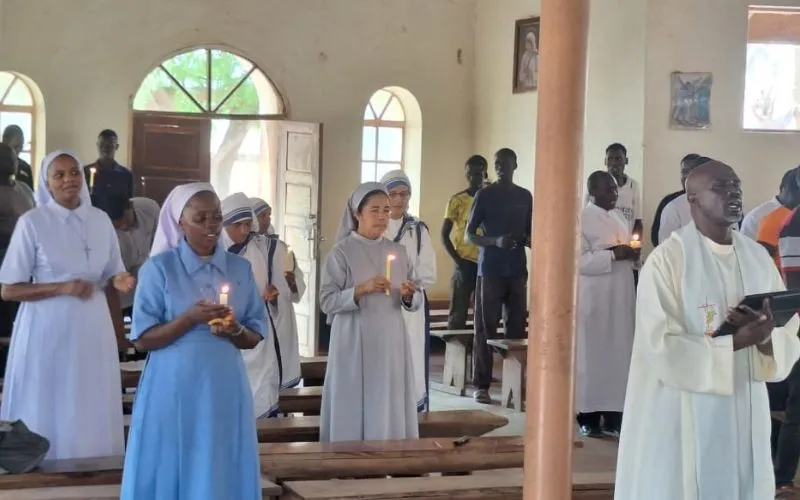 Credit: Fr. Luka Dor/Diocese of Rumbek
Credit: Fr. Luka Dor/Diocese of Rumbek


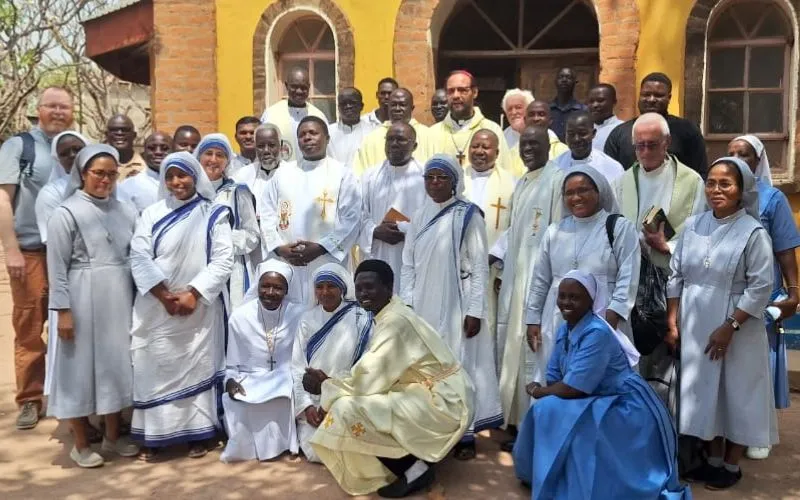
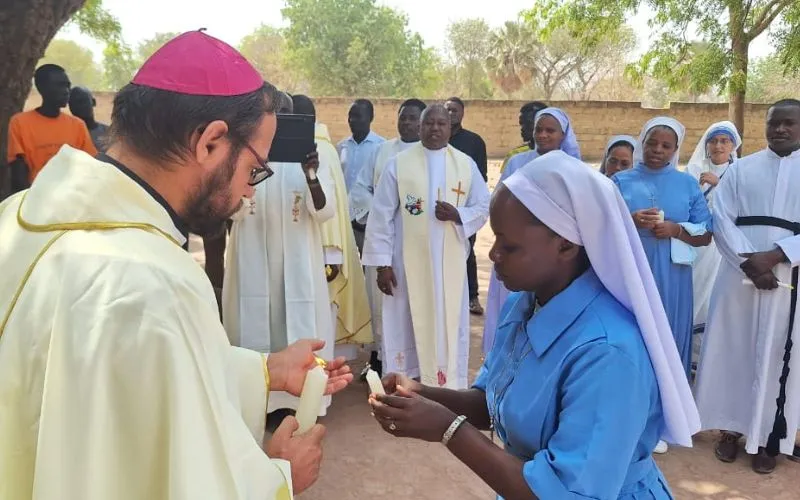 Credit: Fr. Luka Dor/Diocese of Rumbek
Credit: Fr. Luka Dor/Diocese of Rumbek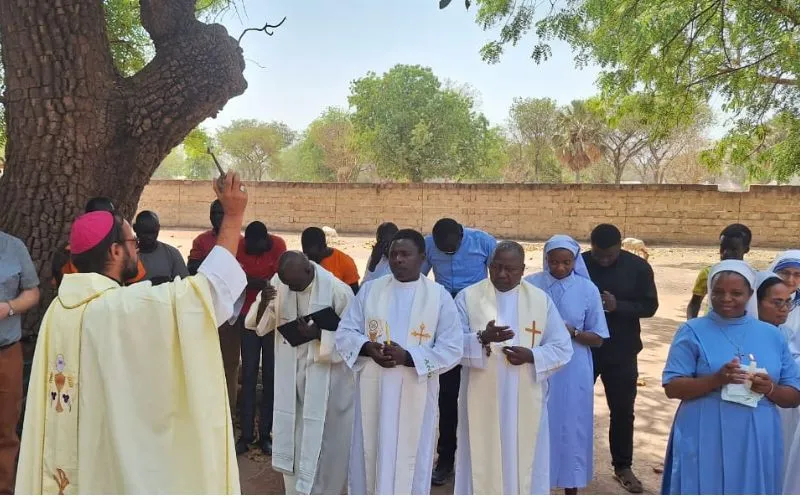 Credit: Fr. Luka Dor/Diocese of Rumbek
Credit: Fr. Luka Dor/Diocese of Rumbek
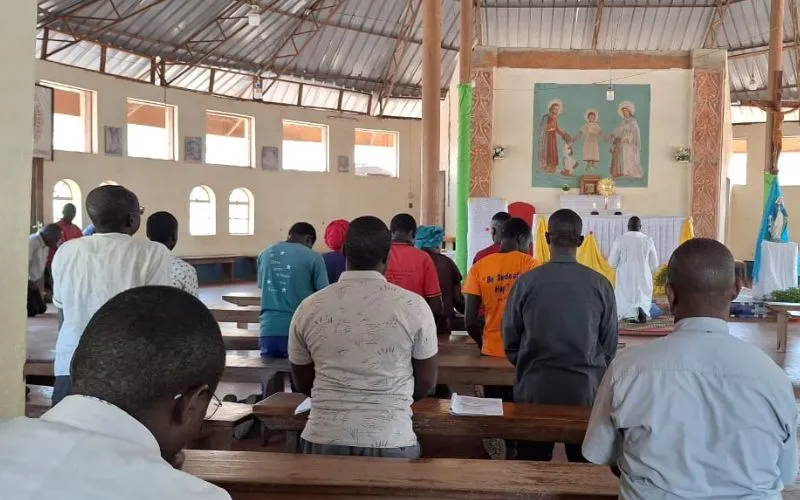 Credit: Fr. Luka Dor/Diocese of Rumbek
Credit: Fr. Luka Dor/Diocese of Rumbek Credit: Fr. Luka Dor/Diocese of Rumbek
Credit: Fr. Luka Dor/Diocese of Rumbek Credit: Fr. Luka Dor/Diocese of Rumbek
Credit: Fr. Luka Dor/Diocese of Rumbek Credit: Fr. Luka Dor/Diocese of Rumbek
Credit: Fr. Luka Dor/Diocese of Rumbek Credit: Fr. Luka Dor/Diocese of Rumbek
Credit: Fr. Luka Dor/Diocese of Rumbek


